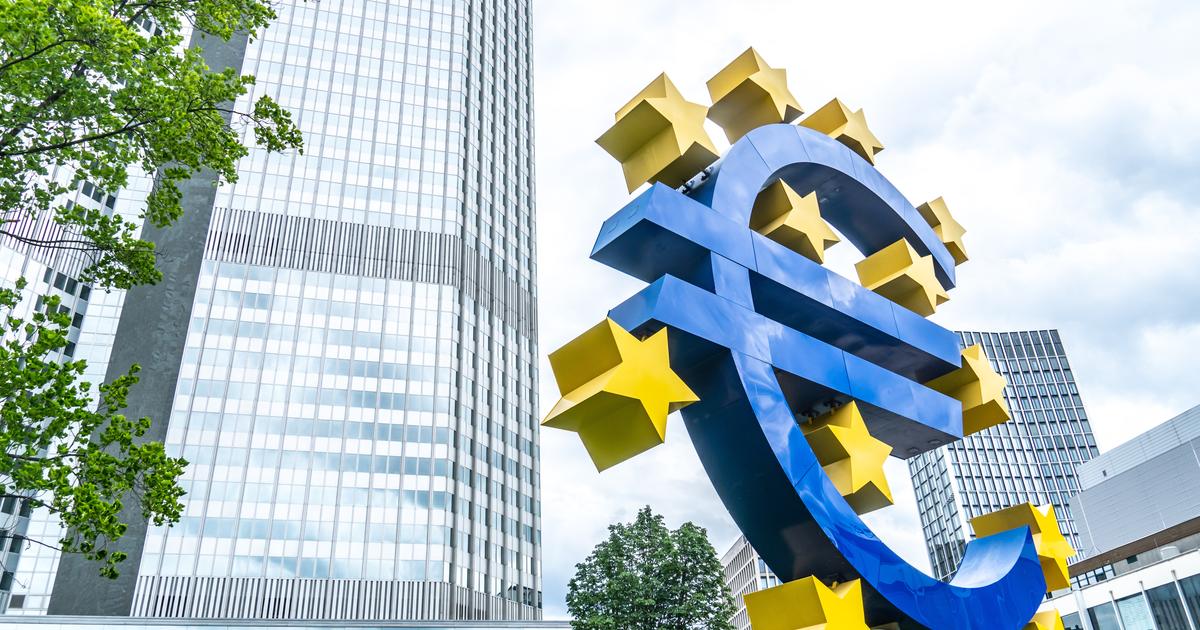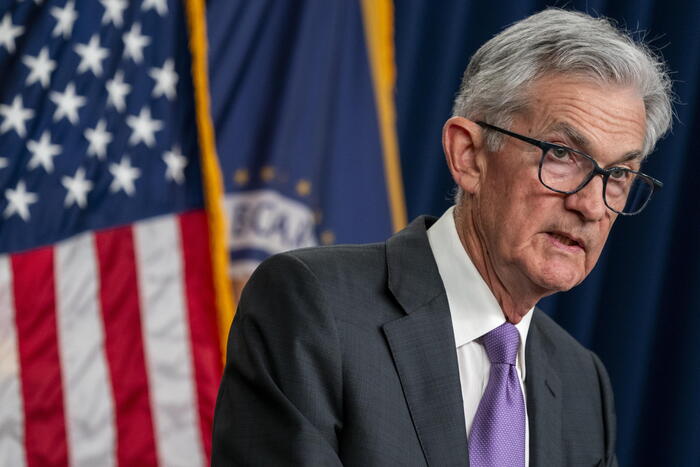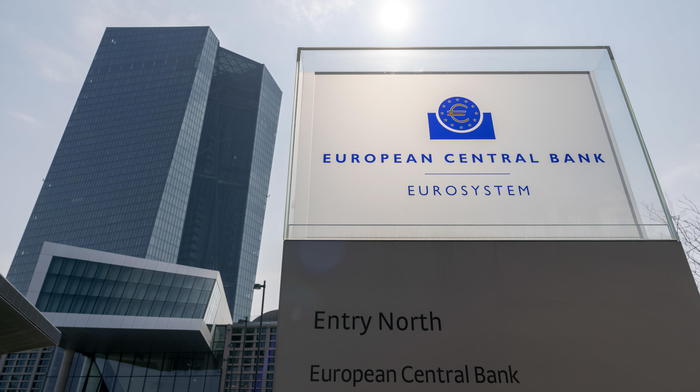Enlarge image
Office building in Moscow
Photo:
Alexander Zemlianichenko / AP
High interest rates can help cushion the effects of inflation.
Although this was 17.62 percent in mid-April, Central Bank President Elvira Nabiullina has promised another cut in interest rates, which had been raised as a result of the ruble's depreciation.
"We will consider the possibility of a further reduction in the coming sessions," Nabiullina told parliament.
The next decision is due on April 29th.
Higher interest rates can dampen the demand for credit for consumption and investment and thus inflation.
Falling interest rates, in turn, can give the economy a boost.
After interest rates were initially raised from 9.5 to 20.0 percent as a result of the Russian war of aggression in Ukraine, they have since been reduced to 17 percent.
By upgrading, Nabiullina had averted another plunge in the national currency.
However, the Russian economy should not be able to cope with the Western sanctions resulting from the invasion through interest rate policy alone.
Rather, Nabiullina sees the domestic economy facing structural change.
Problem for the banking sector: people panicked and cleared their accounts
"Problems can arise even with highly localized production," she warned.
For example, Russia makes its own paper, but uses foreign bleach.
Foreign-made packaging materials for food produced in Russia are also urgently needed.
The changeover does not happen overnight.
"All this takes time," said the monetary officer.
Previously, however, she had also warned: "The period in which the economy can live on the reserves is finite."
Nabiullina has now announced an examination of exchange controls.
A situation in which the ruble exchange rate on the shadow market deviates from the official level must be avoided.
Russia also does not want to accept the blockade of Russian gold and foreign exchange reserves imposed by the West.
The central bank had already announced at the weekend that legal steps were planned to counteract this.
The foreign sanctions have frozen about 300 of the approximately $ 640 billion in gold and foreign exchange reserves.
Russian retail customers withdrew $9.8 billion worth of foreign exchange from their accounts in March.
"The banking sector was confronted with a significant outflow of funds from the population," said central bank director Alexander Danilov, who is responsible for banking regulation.
"People were panicking and taking money out of their accounts."
At the same time, almost all prices have risen since the war began on February 24 – whether for vegetables, sugar or smartphones.
The inflation rate is at its highest level in around 20 years.
The fight against currency devaluation remains the most important task, said Nabiullina.
She assumes that the Russian central bank's target of four percent will not be reached again until 2024.
Apr/Reuters









